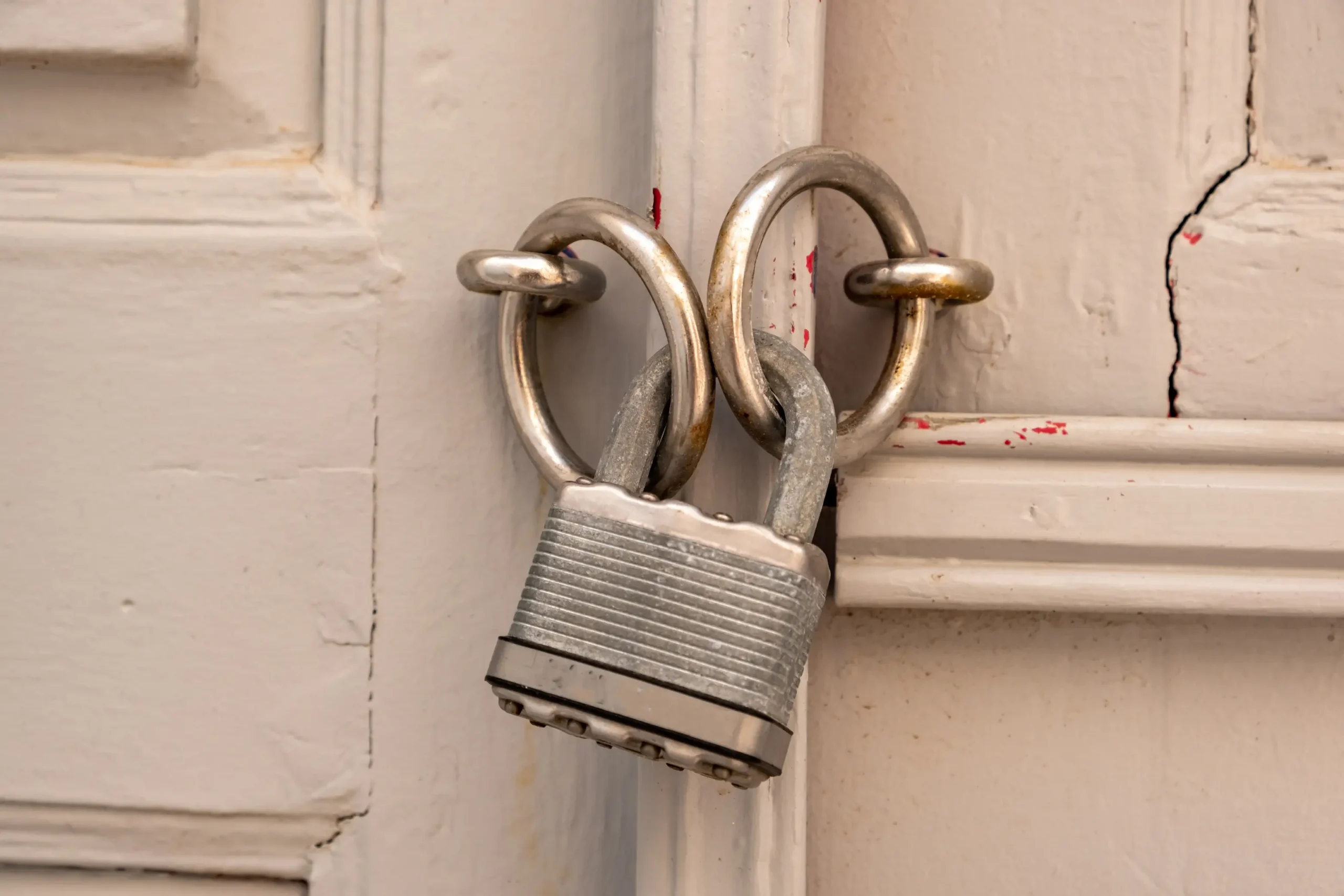Evicting a tenant is a serious, and often contentious matter, that requires careful consideration of legal obligations and responsibilities. In Jamaica, landlords must adhere to specific regulations governing the eviction process, to ensure legality of the actions. This article seeks to provide a guide on the eviction process.
1. Know the law: Before entering into a lease agreement and initiating eviction proceedings, landlords should get familiar with the law of landlord and tenant. It is advisable that landlords seek the advice of an Attorney-at-Law with knowledge of the Rent Restriction Act, who can analyse the lease agreement and the clauses therein that speak to the termination of the lease, and requirements for giving notice to quit. The lease agreement should outline the rights and responsibilities of both landlords and tenants, including the legal grounds for eviction.
2. Valid reason for eviction: Landlords can generally only evict tenants for legal reasons, including but not limited to non-observance of a notice to quit that has been duly served on the tenant, non-payment of rent, breach of the lease terms, the property being required for landlord’s use, or where illegal activities were being carried out by the tenant on the premises.
3. Link your lawyer- Seek legal advice: Evicting a tenant can be a complex and time-consuming process, so it is advisable for landlords to seek legal advice from a qualified attorney, to ensure compliance with the legal requirements. An attorney can provide guidance on the appropriate steps to take, and represent the landlord’s interests in court, if necessary.
4. Notice to quit: The first step in the eviction process is serving the tenant with a notice to quit. This document informs the tenant of the landlord’s intention to terminate the tenancy, and the reasons for the eviction. The applicable notice period will depend the circumstances and the terms of the lease agreement.
5. Court proceedings: If the tenant refuses to vacate the premises within the specified period after receiving the notice to quit, the landlord may file a claim in the Parish Court to recover possession.
6. Enforcement of eviction order: Once the court grants an eviction order, the landlord must enlist the assistance of the Court’s bailiff to enforce the order, and remove the tenant from the property. It is crucial that the landlord follows the proper legal procedures, and avoids taking matters into his/her own hands, to prevent potential legal repercussions.
7. Respect tenant’s rights: Throughout the eviction process, landlords must respect the rights of tenants, including the right to due process and adequate notice. Engaging in illegal eviction tactics, such as changing locks, disconnecting utilities, or attempting to seize the tenant’s belongings, can result in legal action against the landlord.
8. Follow-Up: After the eviction process is complete, landlords should take steps to repossess the property, make any necessary repairs or renovations. It is essential to learn from the experience, and implement measures to prevent future disputes or issues with tenants.
In conclusion, evicting a tenant in Jamaica requires careful adherence to legal procedures, and respect for the rights of both landlords and tenants. An experienced attorney-at-law can help you understand the relevant laws, follow the correct steps, and navigate the eviction process effectively, to ensure a fair and lawful resolution to this contentious matter.
Christopher Henry is a Partner at Grant, Henry & Rhooms, and practices in the firm’s Property & Real Estate Department. He may be contacted at christopher@ghrlegal.com or www.ghrlegal.com. This article is for general information purposes only and does not constitute legal advice. Should you wish to seek legal advice, you may schedule a free consultation with our offices.



